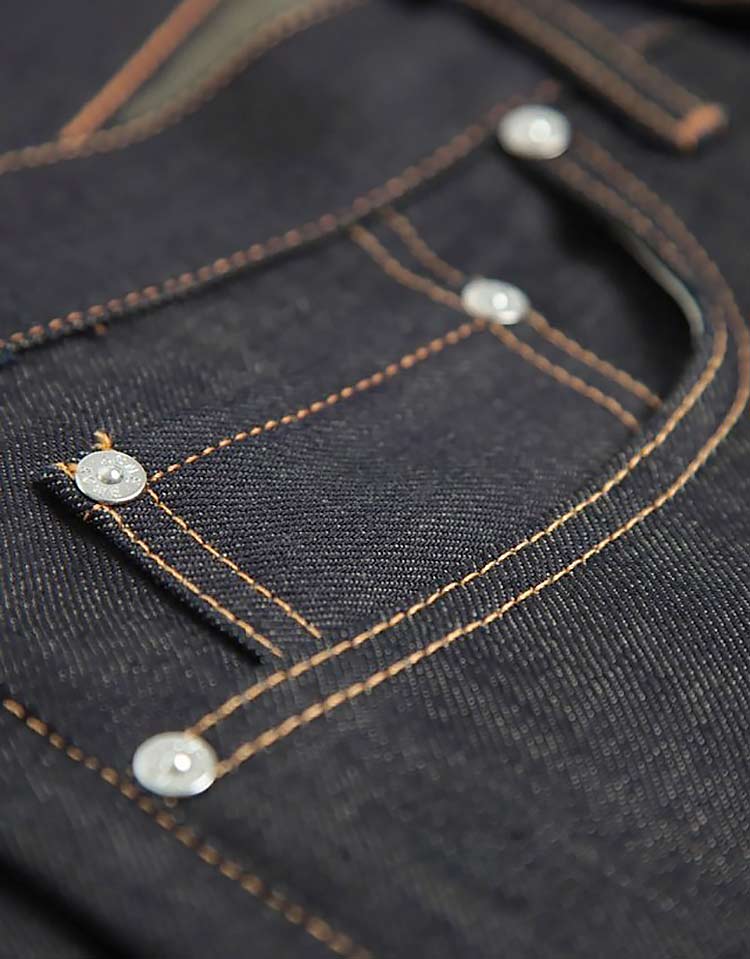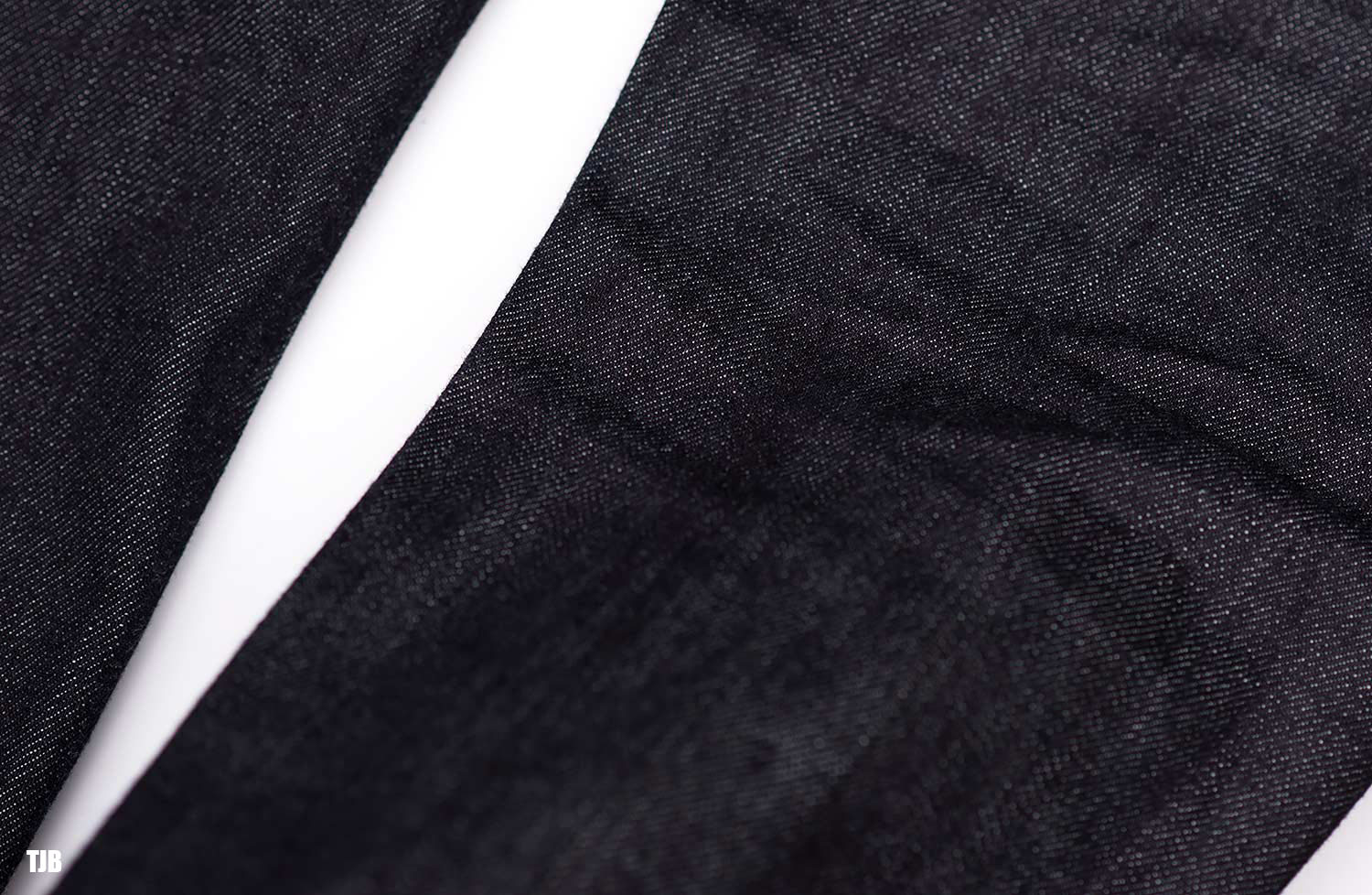
Denim vs. Other Rugged Fabrics: Which Is Best for Everyday Wear?
When it comes to your pants, the fabric you wear matters a lot if you work outside, do a lot of DIY work, or want durable pants for everyday wear. Denim is the most popular of these rugged fabrics, though canvas, twill, and duck cloth can also provide excellent strength and durability. So in this article, we will compare denim to other rugged fabrics to find out which performs better for everyday life, especially for work pants and other hard wearing garments.
The Enduring Appeal of Denim
Denim has been in our closet for generations, as a durable, functional fabric that works in almost any style. Initially used for workwear, denim has transitioned into a sartorial statement, all while keeping its ruggedness. Denim is woven in a twill, which makes it very durable and resistant to wear. It is also really comfortable and softens over time, but at no cost to its strength.
One of the fabrics biggest benefits is its versatility. Denim jeans and work pants are typically constructed with double-stitched seams and reinforced rivets, specially designed for grueling work environments. For example, modern lines have introduced stretch denim, providing more ranges of movement while still?keeping durability in mind.
Denim, though, has its downsides. Standard denim does not provide as much water resistance as other weathering material, and when soaked, it takes longer to dry. It also fades over time, something that may not be ideal at work, where a professional look is often required. But if you’re a raw denim lover, that’s exactly what you want!
Canvas: The Tough Contender
Canvas is also a heavy-duty fabric, often confused with denim. Canvas is tightly woven and dense, so it is very resistant to abrasions, punctures, and tears, and it is made from cotton or a cotton blend. This makes it an excellent base for work pants, jackets, and heavier workwear.
Canvas has a coarse texture when you first buy it, unlike denim, which is stiff, but gets softer as it gets older. It also offers greater water resistance, so it should work better in wet environments. Tough canvas is water-repellent and many work pants offer similar treatment for mechanics, dry wallers, roofers, and other hands-on work in dirty or wet environments.
The downside to Canvas is that it lacks flexibility. In addition, it does not stretch as much as denim, which makes movement a little more difficult. But its durability makes up for this weakness, particularly in more?labor-intensive roles.
Twill: A Durable Alternative
Another popular fabric, twill! It’s very durable and used in workwear (think Dickies). The weave of twill has a slanted design, much like denim, which adds to its durability and tear resistance. It’s popular in work pants, jackets and uniforms.
Twill’s smooth finish also makes it look more polished than denim and canvas — so one of its benefits. Excellent for professional work environments where wear and damage resistance is required alongside aesthetics. The fabric is also less susceptible to wrinkling, making it low maintenance.
The downside to twill is that it can be a little heavier than denim, making it less ideal for warmer climates. Polyester may be suitable, but it is less breathable than some other fabrics and you could easily feel overheated in the hot summer.
Duck Cloth: The Industrial Alternative
Duck cloth is a close-weave variation of canvas that makes it one of the most durable fabrics on the market. It’s often used in work pants, overalls, and rugged outerwear.
The high durability of duck cloth means that it’s puncture resistant, which is even more useful in industrial and construction environments. It also has excellent wind resistance, useful for outdoor workers in colder climates. Like canvas fabric, duck cloth can be treated to be water resistant as well, providing another level of protection.
The downside is that duck cloth is one of the stiffest fabrics when new. Some claim it’s not as comfortable as denim or twill; it takes time and needs to break in. But once it has softened up, it gives you incredible durability that lasts longer than most fabrics do.

Selecting the?Best Extraordinary Wear Fabric
Which fabric is the best choice for everyday use will depend on your taste and needs. If you prioritize comfort and flexibility, denim is a great option. It’s practical, chic, and durable without sacrificing comfort.
Canvas or duck cloth is best for individuals who need extra durability, particularly in work environments. These outer fabrics combine superior toughness and water resistance, which?makes them perfect for heavy-duty work pants.
Twill is an excellent alternative if you want a fabric that is strong, but also looks polished and professional. It’s often found in uniforms and dressier workwear, providing a mix of ruggedness and refinement.
Conclusion
Each of these fabrics has its strengths in terms of everyday wear. Denim is a tried-and-true stylish fabric choice, while canvas, twill, and duck cloth offer superior durability for heavy-duty work. The best option comes down to how much durability, flexibility, and comfort you need. Whether you go with denim jeans, canvas work pants, or twill trousers, the right rugged material will help keep you comfortable and protected in your everyday life. But of course, we will always gravitate towards denim!
